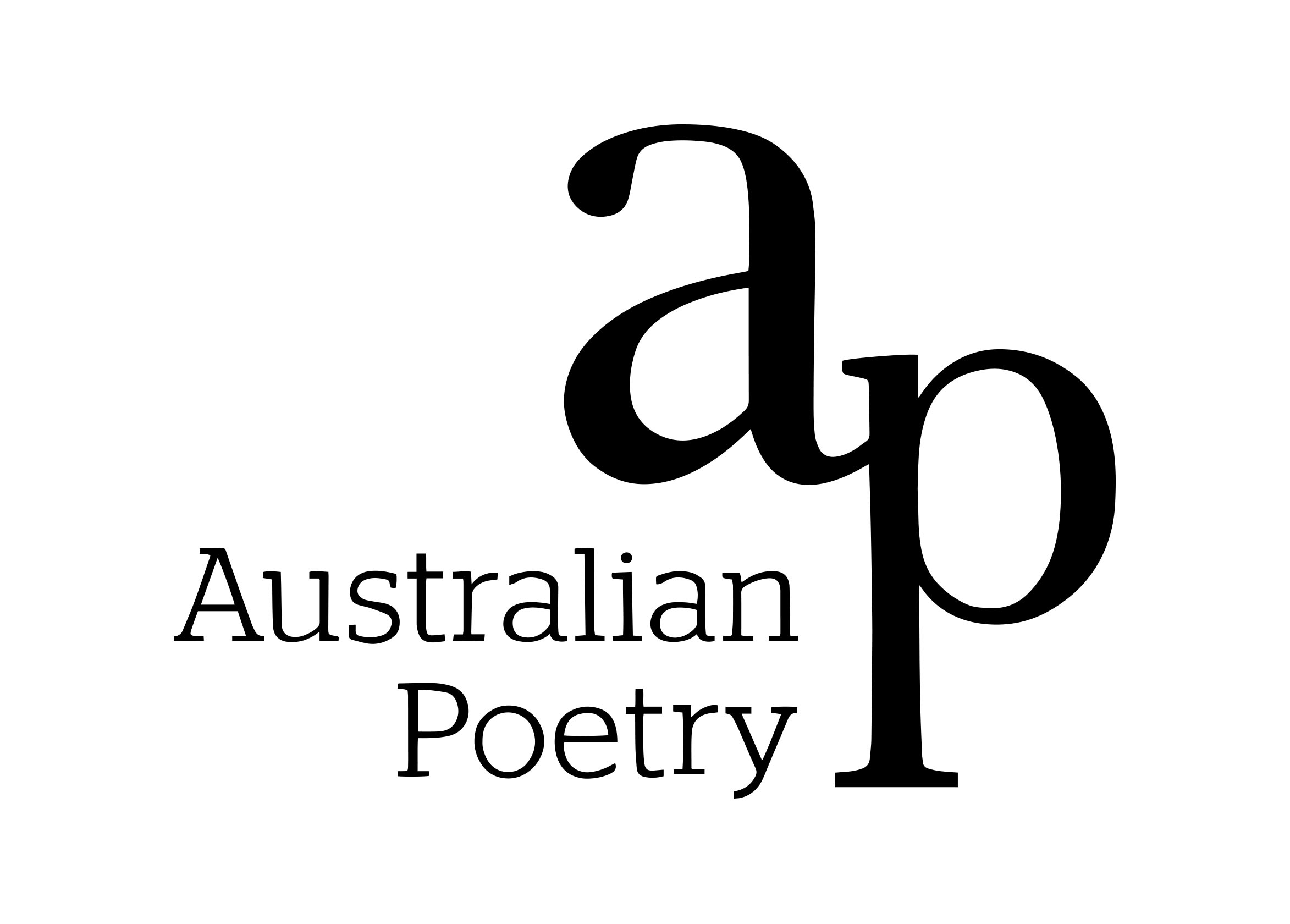
From Tricia Dearborn, Benjamin Dodds and Jane McCredie
The Quantum Words 2018 Science Poetry Competition was run in conjunction with Writing NSW’s Quantum Words festival of science writing, and in partnership with Australian Poetry. Thanks also go to Gleebooks for providing book prizes for the first prize winner. The winners were announced on 3 November 2018, during the Quantum Words festival.
It was fascinating reading the competition entries – thanks to everyone who entered, who gave us such a good crop of poems to choose from. The poems took many forms, from rhyming couplets to free verse to concrete poems. They also covered a wide range of subject matter, from global warming to epithelial cells; from children’s explorations of the way the world works to the phenomenon of zoonosis. The poems we shortlisted were all well written, interesting, and succeeded on their own terms. Those that won prizes went above and beyond that.
The judges read all poems blind, and did not discover the shortlisted poets’ identities until the day the shortlist was announced.
We would like to congratulate the winners of the Quantum Words 2018 Science Poetry Competition, who are:
•
1st prize:
Helen Thurloe for ‘Venn diagram’
This is a playful and original poem with an appealing energy; a subtly complex poem which rewards multiple readings. The descriptions are original (‘a low-melanin girl’) and the imagery vivid (‘benches knotted to fume hoods’). There’s an almost tangible feeling of the lab, for anyone who’s worked in one. The contrast between the more literary images and the quotidian adds punch (e.g. ‘ice-shimmer hair’ just before ‘her bowl of chips and sauce’), and there are nice sensory details (‘with a chip still warm in her hand’) that ground the poem in its setting. The Venn diagram of the title could be the conjured image of the lab versus the reality, or the contact between the narrator of the poem and the ‘low-melanin girl’, or something else entirely. The poem ends well, and has its own authority.
2nd prize
Lorne Johnson for ‘On searching for night parrots in western NSW’
This poem begins with an interesting bit of wordplay, and includes freighted descriptions (‘the horribly wide sky’) and a nice sense of groundedness (the colours of the earth, the descriptions of the geology and vegetation). The sense of seeking, of longing to find, of disappointment in not finding, is well conveyed. There is also an intriguing religious subtext weaving through it (‘God’s things’, ‘heaven’, ‘praying’, ‘church bells’). Good ending.
Highly Commended
Eileen Chong for ‘The numbers game’
This poem has an attractive clarity, and a narrative that draws you in. The build-up towards the ending (from the ‘upside-down // pyramid’) is very good – skilfully structured and balanced. The contrast between the apparent extreme accuracy of the blood test and the actual infallibility of the bloodstain is nicely observed.

